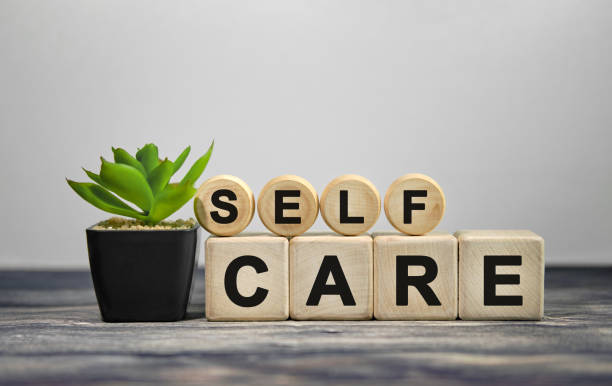Communication is an important element in every relationship. In fact, the key to having long-lasting, meaningful relationships is by healthy communication. These strategies aren’t reserved only for romantic relationships. It can work with friends, family members and anyone else you want to improve communication with.
Practice active listening – Most times we listen to respond, not to understand. Stop thinking about what you’re going to say next. Active listening is more than waiting until it’s your turn to speak. It’s about being present and truly listening to the other person. Show them you are listening with non-verbals like nodding, reflecting what they just said, and watching your body language such as eye contact and posture. Do not judge what they’re saying, just listen.
Communicate your feelings – Let the other person know how you feel. Use “I statements” which start with “I feel ______(emotion) when ________.” This will lessen the chances of the other person becoming defensive. Think about it, when you say things like “you’re always late” “you don’t care” “you are so lazy” the other person will become defensive and will start protecting him/herself or shut down, naturally. Instead, try “I feel unimportant when you are late to something we scheduled” or “I feel abandoned when you prioritize other tasks.” You are still letting them know why you’re upset and, most importantly, how it makes you feel.
Express your needs – This is your opportunity to say what you want. However, don’t be passive aggressive, avoid statements like “I would really appreciate it if you took out the trash for once.” Your tone and delivery is important. You have to communicate what you want in an assertive way. Here’s where you tell the person what they can do to address your emotion: “When I feel unimportant, I need eye contact or a head nod that acknowledges that you are listening and paying attention.”
Make clear requests – Be straightforward and offer something that can prevent this from happening again. You don’t have to sugarcoat anything, you have already explained your feelings, and now you are letting the other person know what you are requesting. You can say “can you please put your phone down when we talk?” or “can you let me know when you’re running late?” or “can we set calendar reminders for our plans?”
Respond in a nurturing way – You emotions are valid, but they do not give you a ticket to be hurtful to others. Avoid absolutes such as “you always” or “you never.” Substitute them with “often” “frequently” or “today.” Be polite, respectful, and patient. These convey a sense of respect, desire to reduce conflict, cooperation, and compromise. Keeping a positive attitude about an agreeable outcome and staying patient will create a calm environment for discussion without the potential sabotage of aggression. Even if the other person is not being nurturing, focus on what you can control: yourself and how you respond.
Use mindfulness – Stay present. That means tackle the present situation at hand, not all the past situations that remind you of this one.Keep the focus and be specific: “I’m upset that you were late today.”Addressing the present situation keeps discussions on a productive path. Focusing the discussion on solving the current conflict or issue prevents bringing up past problems that will only escalate the conflict.
This is a sample scenario using healthy communication skills:
“I’ve noticed that you have been late or not shown up to things we plan lately. I feel unimportant when you are late or don’t show up to something we scheduled. When I feel unimportant, I need you to make our plans a priority and let me know that we need to reschedule so I know that you care about my feelings. So, can we please set calendar reminders for our plans?”
In order for someone to meet your needs, they first need to know what you need. No one is a mind reader, we have been trained to not to ask for what we want and need. We will bend ourselves backwards, deny our feelings, and burn ourselves out all to avoid stating our needs. Asking for what we want can feel vulnerable and scary, it’s uncharted territory for most of us. However, when you choose to take personal responsibility by communicating in a direct manner, you are on the right course to strengthening your relationships. Some little changes in how you communicate with others will also encourage them to communicate more effectively, too.



